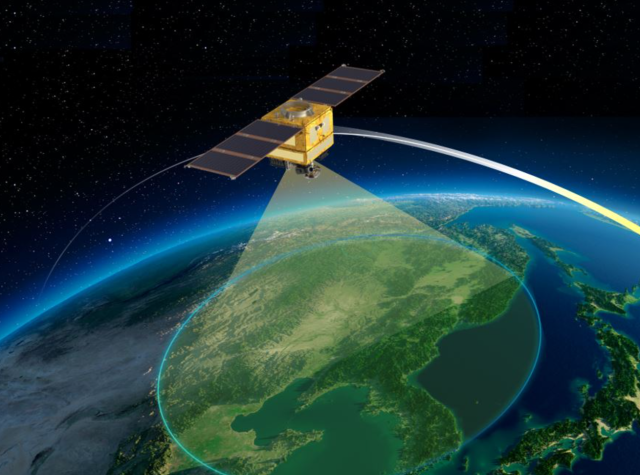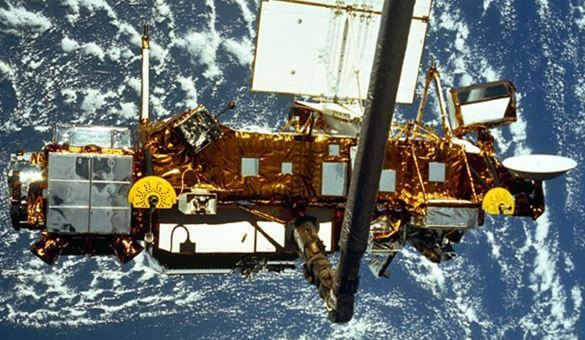
SEOUL, April 29 (AJP) - South Korea will invest 320 billion won, or about $230 million, by 2030 to develop low-Earth orbit (LEO) satellite communication systems, a critical technology for the next generation of mobile networks.
The Ministry of Science and ICT, working alongside the newly established Aerospace Agency, said it had selected three organizations to spearhead the project. The goal is to develop domestic payload and core technologies and to launch two indigenous LEO satellites.
The move reflects South Korea’s broader ambition to compete in advanced telecommunications infrastructure, as nations around the world race to deploy the technologies underpinning 6G mobile networks.
The Electronics and Telecommunications Research Institute, a government-funded body, will lead development of satellite communication payloads and ground station core technologies.
Solid, a communications company, will focus on terminal station technologies, while Korea Aerospace Industries will oversee spacecraft body development and system integration. The research institute will coordinate among the organizations to maintain what officials described as an “organic cooperation system.”
Of the total investment, 25 billion won will be allocated this year.
Companies such as SpaceX, through its Starlink constellation, and Eutelsat OneWeb, in partnership with Hanwha Systems, are preparing to introduce LEO satellite communication services in South Korea later this year.
To accommodate these services, the ministry revised the national frequency allocation tables in February and amended the Radio Wave Act enforcement decree in April.
These changes establish a legal framework to allow ground stations aboard ships, aircraft and vehicles. In a bid to streamline regulations, the government also introduced an "antenna permit deeming" system, eliminating the need for separate permits and reporting procedures for LEO satellite service users.
Copyright ⓒ Aju Press All rights reserved.



View more comments